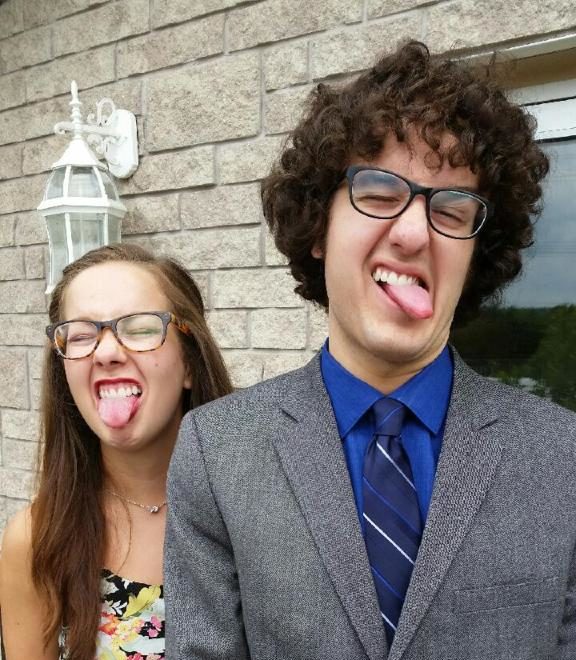


“Grief is not an emotion; it is an experience.” These are wise words from today’s guest, words that I want to spread far and wide to anyone who will listen. Grief is not a feeling like happiness, sadness, anger or worry. I don’t say to someone, ‘I am feeling grief today.’ I feel grief every day. It just looks different depending on which of the countless number of grief emotions that I might be feeling at that moment.
When Sara’s brother, Jacob, died unexpectedly in college from a heart attack, she was in the middle of her training to become a social worker. Prior to Jacob’s death, Sara thought that she wanted to spend her career working within the prison system. All of that changed in a moment when he died. The grief that she felt was overwhelming to her. It impacted every part of her life. She felt isolated and alone, even when surrounded by others. The little brother that she thought would be there with her forever was suddenly gone.
She sought counseling for her own grief and realized just how little she was taught on the subject even in her own training to be a therapist. She learned that even the goal of grief therapy is different than the goals for other types of therapy. The typical end goal of counseling is to get rid of the problem – the anxiety, the depression, the eating disorder, etc. The goal for grief therapy, however, is not to get rid of the grief. It is to walk with the person through the grief, to help them survive the grief and even to grow in their grief.
Today, Sara and I talk about individual grief therapy versus group therapy or support groups and what each of them have to offer. We talk about what to look for in a grief therapist (and about the fact that not all therapists at good at doing grief work!). We discuss the blessings that can come from the peer support when in a group with other grieving people. If you are thinking about starting therapy or attending a support group for your grief and don’t know what to expect or how to start, this is the episode for you.

Recent Comments